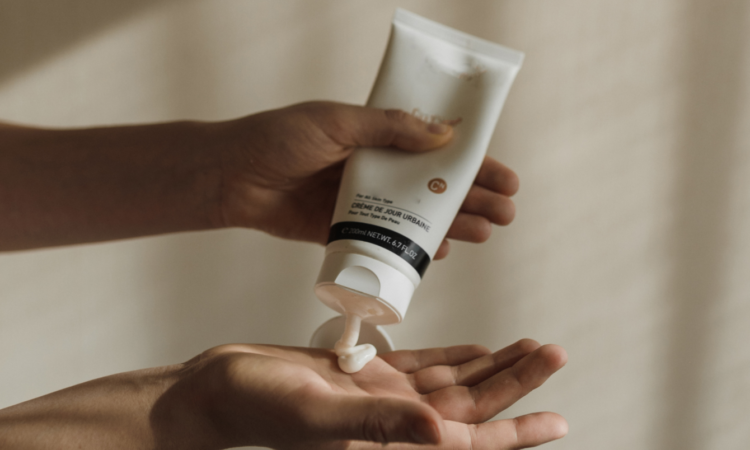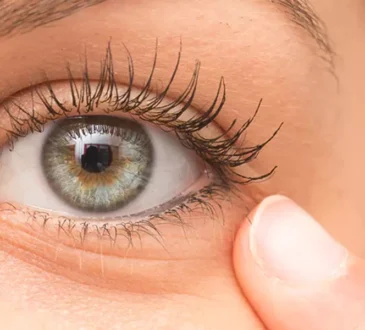
In today’s world of social media influencers, DIY remedies, and countless beauty product ads, skincare advice is everywhere. But not everything you hear is based on science or best practices. In fact, some common skincare myths can actually do more harm than good. To help you make better decisions for your skin’s health, let’s debunk some of the most widespread skincare myths you should stop believing today.
1. You Don’t Need Sunscreen on Cloudy Days or Indoors
One of the most dangerous skincare myths is that sunscreen is only necessary when it’s sunny or when you’re outside. The reality is that up to 80% of the sun’s UV rays can penetrate clouds, and UVA rays (which contribute to premature aging and skin cancer) can pass through windows. Whether you’re indoors near a window, driving, or walking outside on a cloudy day, daily sunscreen application is essential for protecting your skin.
2. If You Have Oily Skin, You Should Skip Moisturizer
It’s easy to assume that oily skin doesn’t need extra moisture. However, skipping moisturizer can actually cause your skin to produce even more oil in an attempt to stay hydrated. The key is to use a lightweight, oil-free moisturizer that helps balance hydration without clogging pores. Even oily or acne-prone skin benefits from proper moisturizing.
3. Tanning Clears Up Acne
Many people believe that a tan can help disguise or even clear up acne. While sun exposure may temporarily dry out blemishes, it also leads to skin damage, increases the risk of skin cancer, and can cause post-inflammatory hyperpigmentation—dark spots that make acne scars look worse. Instead of relying on harmful sun exposure, look for proven acne treatments or consult a dermatologist near me to explore safe solutions.
4. You Can Shrink Your Pores
Pore size is largely determined by genetics, and despite what advertisements might claim, you can’t permanently shrink them. Certain treatments and skincare products—such as exfoliants and retinoids—can help reduce the appearance of pores by keeping them clean and minimizing blockages. But no cream or toner will actually make your pores smaller in size.
5. Natural Ingredients Are Always Better
There’s a growing trend toward natural and organic skincare, and while many natural ingredients can be beneficial, “natural” doesn’t always mean safe or effective. For example, lemon juice and baking soda are often promoted in DIY skincare recipes, but they can irritate or damage your skin. Always check for evidence-based products, and remember that synthetic ingredients can also be gentle, effective, and well-tested.
6. Expensive Skincare Products Work Better
It’s easy to think that a higher price tag means better results, but price isn’t always an indicator of quality or effectiveness. Many affordable skincare products contain the same active ingredients as their luxury counterparts. Focus on the formulation and ingredients rather than the brand name or packaging.
7. Scrubbing Your Face Harder Will Clean It Better
Some people believe that using a rough washcloth, scrub, or brush will help cleanse the skin more deeply. In reality, harsh scrubbing can damage the skin’s barrier, cause irritation, and worsen conditions like acne or rosacea. Gentle cleansing with the right products is much more effective and healthier for your skin.
8. Acne Is Only a Teenager’s Problem
While acne is common during adolescence, it can occur at any age. In fact, many adults experience acne due to hormonal changes, stress, diet, or skincare habits. If you’re dealing with adult acne, don’t dismiss it as something that should have ended with your teenage years. There are effective treatments available for all ages.
9. You Only Need Anti-Aging Products When You See Wrinkles
Prevention is key when it comes to aging skin. Starting with products that support skin health—such as sunscreen, antioxidants, and gentle moisturizers—before wrinkles and fine lines appear can help slow down the aging process. Waiting until visible signs appear means you’re playing catch-up rather than preventing damage.
10. If It Burns, It’s Working
That tingling or burning sensation you get from some products is often mistaken for a sign that the product is effective. In reality, this can be a sign of irritation or damage to your skin’s barrier. While certain treatments (like chemical exfoliants) may cause mild tingling initially, persistent burning is not a good sign and should not be ignored.
When it comes to skincare, believing in myths can lead to poor choices that damage your skin or prevent you from seeing real results. By questioning common misconceptions and seeking evidence-based advice, you can create a skincare routine that truly supports your skin’s health and beauty. If you’re unsure where to start or want to address specific concerns, consider reaching out to a dermatologist for personalized guidance. Remember, great skincare starts with good information—and a little myth-busting along the way.




